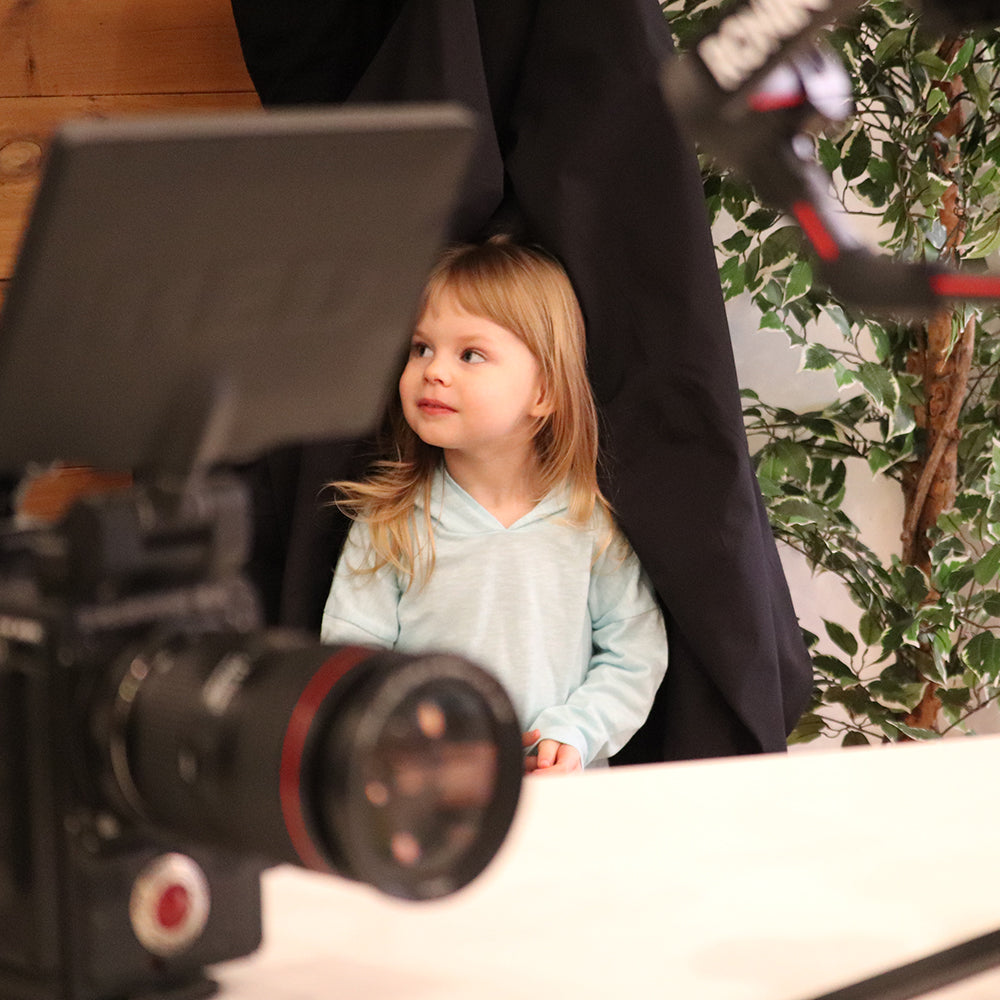Navigating the Transition to Kindergarten
The transition to kindergarten marks a significant milestone in a child's life. It can be a period of excitement and anxiety for both children and parents. To ease this transition, it is crucial to be well-prepared and informed about what to expect. Here are detailed strategies and tips to ensure a smooth start for your child's kindergarten journey.
Meeting the Teacher
One of the most effective ways to prepare your child for kindergarten is to arrange a meeting with their future teacher before the school year begins. This initial interaction can help your child feel more comfortable and familiar with their new environment. During this meeting, it is beneficial to share information about your child's preferences, temperament, strengths, and areas where they might need extra support. For instance, if your child has difficulty with transitions, discuss strategies that have worked in the past. This communication not only helps the teacher but also fosters a collaborative relationship between you and the school.
Tips for Meeting the Teacher:
- Schedule an Appointment: Arrange a visit before the first day of school.
- Share Insights: Discuss your child's personality, likes, dislikes, and any concerns.
- Exchange Contact Information: Ensure the teacher has your contact details for regular communication.
- Inquire About Involvement: Ask how you can participate in classroom activities and events.
Establishing a Consistent Routine
Creating a stable routine is vital for helping your child adjust to the new schedule of kindergarten. Consistent morning and evening routines can reduce anxiety and make the transition smoother. Begin by setting a regular bedtime to ensure your child gets adequate rest. In the morning, allow enough time for your child to wake up, get dressed, eat breakfast, and pack their backpack without feeling rushed.
Steps to Establish a Routine:
- Set a Bedtime: Ensure your child goes to bed at the same time each night.
- Morning Schedule: Plan a consistent morning routine that includes all necessary activities.
- Goodbye Ritual: Develop a simple ritual, like a hug or a high-five, to make departures easier.
- Start Early: Implement this routine a few weeks before school starts to allow your child to adjust.
Doing a Dry Run
A few days before kindergarten begins, conduct a dry run of your morning routine. This practice run can help you and your child get used to the new schedule and identify any potential issues. Walk or drive to the school, or walk to the bus stop, and show your child the entrance they will use. Familiarizing your child with the route and the school environment can alleviate first-day jitters.
Dry Run Checklist:
- Morning Routine: Follow your planned morning routine as if it were a school day.
- School Route: Practice the route to school or the bus stop.
- School Tour: If possible, tour the school and classroom with your child.
- Discuss Differences: Talk about the differences between their old classroom and the new one.
Understanding Kindergarten Expectations
Knowing what skills are expected of children on the first day of kindergarten can help you prepare your child more effectively. Teachers often expect children to manage their emotions, follow directions, and perform basic tasks such as writing their name and recognizing shapes and colors. Understanding these expectations allows you to focus on areas where your child might need additional practice.
Skills to Focus On:
- Emotional Management: Teach your child to handle their emotions and articulate their needs.
- Following Directions: Practice listening skills and following simple instructions.
- Basic Skills: Work on writing their name, and recognizing shapes and colors.
- Hand Raising: Reinforce the habit of raising their hand before speaking.
Reading Together
Reading to your child is a powerful way to prepare them for kindergarten. Choose books that depict school experiences to help them understand what to expect. Reading together can also improve their listening skills, vocabulary, and comprehension.
Recommended Books:
- "Kissing Hand" by Audrey Penn
- "The King of Kindergarten" by Derrick Barnes
- "Look out Kindergarten, Here I Come" by Nancy Carlson
Advocating for Your Child
If your child requires special services, it is essential to communicate with the school's administration and teachers beforehand. Understand how these services will be provided and ensure there is a plan in place. If your child has an Individualized Education Plan (IEP), discuss how it will transition into kindergarten.
Advocacy Steps:
- Meet with Administrators: Discuss any special services your child needs.
- IEP Transition: Ensure the IEP is updated and applicable to the kindergarten setting.
- Service Providers: Find out who will be providing the services and where.
Networking with Other Parents
Building a network with other parents can provide valuable support and resources. Schools often offer parent groups, councils, or committees that you can join. Connecting with other parents allows you to share experiences, advice, and support.
Networking Tips:
- Join Parent Groups: Participate in school councils or committees.
- Attend School Events: Take advantage of opportunities to meet other parents.
- Share Contact Information: Exchange contact details with other parents for support.
Preparing for Meals
Find out if the school provides breakfast and lunch and plan accordingly. Explain to your child how mealtimes will work at school and discuss any changes to their usual eating schedule. If your child will be bringing lunch, ensure they are familiar with the lunch routine and what is expected.
Meal Preparation Tips:
- School Menu: If meals will be provided, review the school’s breakfast and lunch menu.
- Food Preferences: Discuss food preferences and any allergies with the school.
- Lunch Routine: Practice packing and eating lunch with your child.
Adjusting Naptime
Since many kindergarten programs do not include naptime, it is important to wean your child off naps before school starts. Gradually reduce naptime to help your child adjust to the longer school day without a nap.
Naptime Adjustment:
- Gradual Reduction: Slowly decrease the length of naps over several weeks.
- Quiet Time: Introduce quiet time instead of naptime to help your child rest without sleeping.
Planning for Afterschool Care
If your child will require afterschool care, make arrangements early and inform your child about the plans. Ensure they know what to expect and who will be picking them up. Having a clear plan can prevent anxiety and help your child feel secure.
Afterschool Care Tips:
- Arrange Early: Secure afterschool care arrangements in advance.
- Discuss Plans: Explain the afterschool routine to your child.
- Backup Plan: Have a backup plan in case you are running late.
Conclusion
Preparing for kindergarten involves careful planning and communication. By following these detailed steps, you can help your child transition smoothly and start their kindergarten experience with confidence. Remember, each child is unique, and adapting these strategies to fit your child's needs will contribute to a successful and enjoyable school year.






















Laisser un commentaire
Tous les commentaires sont modérés avant d'être publiés.
Ce site est protégé par hCaptcha, et la Politique de confidentialité et les Conditions de service de hCaptcha s’appliquent.